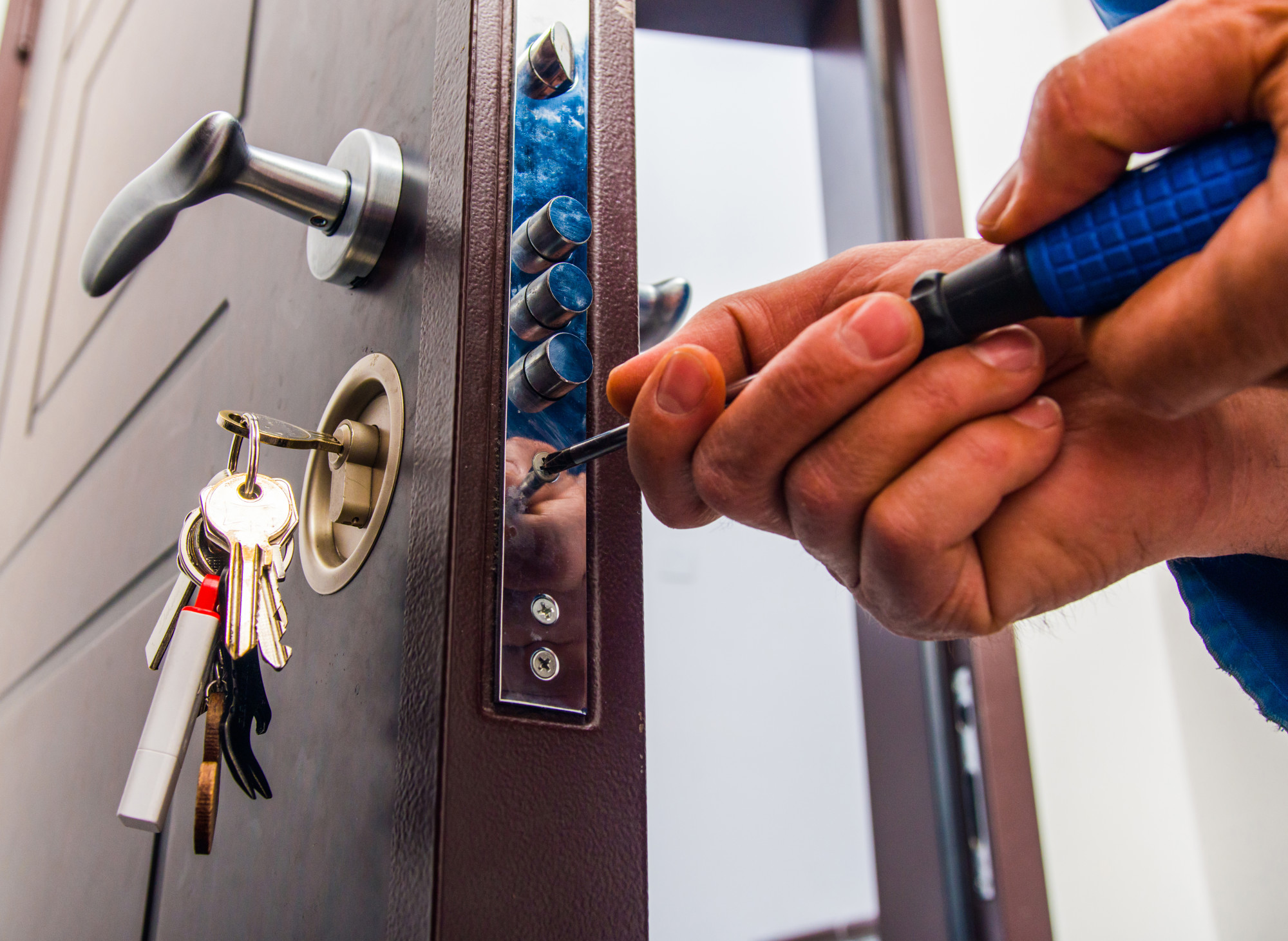I Can’t Stop! 7 Common Types of Behavioral Addictions
According to a study, about 61.2 million people used illegal drugs in the past year.
Behavioral addictions can be just as harmful as substance addictions.
Withdrawing from these addictions can also be difficult and may result in a severe substance use relapse. So it’s important to understand and face your behaviors, seeing if they have become addictive.
For a lot of people, addictions go unnoticed because a lot of them are socially acceptable. Find out now if you are dealing with one of these common types of behavioral addictions.
Table of Contents
1. Shopping Addiction
Shopping addiction is one of the most common and widely-known types of behavioral addiction. It involves a person needing to constantly and compulsively shop. They often spend large amounts of money in the process.
People become preoccupied with the idea of buying. They often find themselves in a financial spiral, with savings and wages dwindling quickly due to their compulsion.
2. Exercise Addiction
An individual can become so entrenched in their exercise routine and over-exercise, leading to physical health issues and potentially dangerous situations. Exercise addiction is a difficult addiction to recognize due to society’s attitude towards physical activity.
A lack of self-awareness and an unhealthy mental attitude toward exercise can lead to a lack of moderation, and eventually, albeit unknowingly, an individual may become addicted. The good news is everyone can learn to recognize and gain control of their exercise addiction.
Working on developing concrete goals, using exercise as a means to improve your physical and mental health in balance, interacting and socializing with others, and asking for help when feeling overwhelmed are all ways to help manage this addiction. Such steps can help relieve many seven common types of behavioral addictions and lead to a healthier, more balanced life.
3. Internet Addiction
Internet addiction is one of the most common types of behavioral addiction, and it can be difficult to stop. While the use of the internet can be helpful and enjoyable, excessive use can lead to serious problems. Symptoms of internet addiction can range from obsessive thoughts to poor sleep and even physical pain.
For those who struggle beating internet addiction, there are a few steps they can take. Firstly, they can create an awareness of their internet use and why they are engaging in it.
Developing healthy habits and finding alternative activities to fill the time spent on the internet is also important. Finally, seeking professional help from a trained addiction specialist can be invaluable. With the right approach and support, it is possible to break free from the grip of internet addiction and reclaim control of one’s time and life.
4. Eating Addiction
Eating addiction is a common type of behavioral addiction where people feel an uncontrollable urge to overeat. This type of addiction is particularly hazardous to health, as it can lead to obesity, diabetes, heart disease, and other adverse physical effects. Eating compulsively comes with a host of mental health issues as well, such as depression and anxiety.
People who suffer from eating addiction often have underlying psychological issues that may be driving their behavior. Common treatments for eating addiction include cognitive behavioral therapy, dialectical behavior therapy, and nutrition counseling.
Furthermore, medications may also be prescribed to help people manage their emotional eating. The best way to combat addiction is to identify and address its root cause of it. It is vital to seek help from an experienced professional and to find a support system for family and friends.
Additionally, practicing mindfulness, eating healthy, and engaging in regular physical activity are all healthy habits that can help combat addiction.
5. Gambling Addiction
Gambling addiction is becoming increasingly difficult to ignore. Despite the wide range of addictions, they all share the common factor of impairing daily functioning, sometimes leading to destruction and even death. Gambling addiction, in particular, is a complex disorder that has devastating effects, ranging from financial difficulties to isolation and destruction of relationships, and can even lead to suicide.
Like any addiction, it is difficult to resist the urge to gamble, and the person is often left feeling powerless and out of control. Fortunately, there are treatments available. Cognitive-behavioral therapy, support groups, medication, detoxification, and inpatient/outpatient services can all be used to successfully manage and reduce the symptoms associated with gambling addiction.
All the treatments used have one goal in mind – helping those suffering from behavioral addiction to gain control of their lives and break the cycle of addiction.
6. Sex Addiction
Behavioral addictions, such as sex addiction, are often extremely difficult to overcome. The allure of pleasure and escape from reality can override rational thought and make it hard to stop engaging in addictive behavior. Sex addiction is driven by a compulsion to obsessively seek pleasure through an activity that harms one’s own mental and physical health and the well-being of others.
Sex addiction is often caused by an underlying form of trauma or unresolved stress. Professional help, such as therapy and medication, can help treat and manage the symptom of sex addiction. It is also important to identify and address the underlying issues in order to better battle the addiction.
The notion that sex addiction can be cured without professional treatment is a false assumption, as the condition will likely continue to escalate if not faced head-on.
7. Work Addiction
People who are addicted to work are often driven by a need to feel accomplished or to stay busy, which can result in excessive work and a lack of leisure time. To combat work addiction, it is important to focus on developing a healthier work-life balance. This involves finding a way to make work meaningful without neglecting your other interests.
It may also be helpful to set specific time limits for work and set aside a few hours each day for leisure activities. Additionally, take an honest look at your motivation for working and strive to reduce any external pressures that contribute to your compulsion to work.
Behavioral Addictions Not to Ignore
Behavioral addictions are increasingly common and can create significant disruption in our lives if left unaddressed. Thankfully, help is available to anyone willing to confront their addictive behaviors.
Taking the first step today could lead to a healthier, happier future. If you are struggling with a behavioral addiction, reach out for help.
Keep scrolling through our blog for more articles about mental health.









